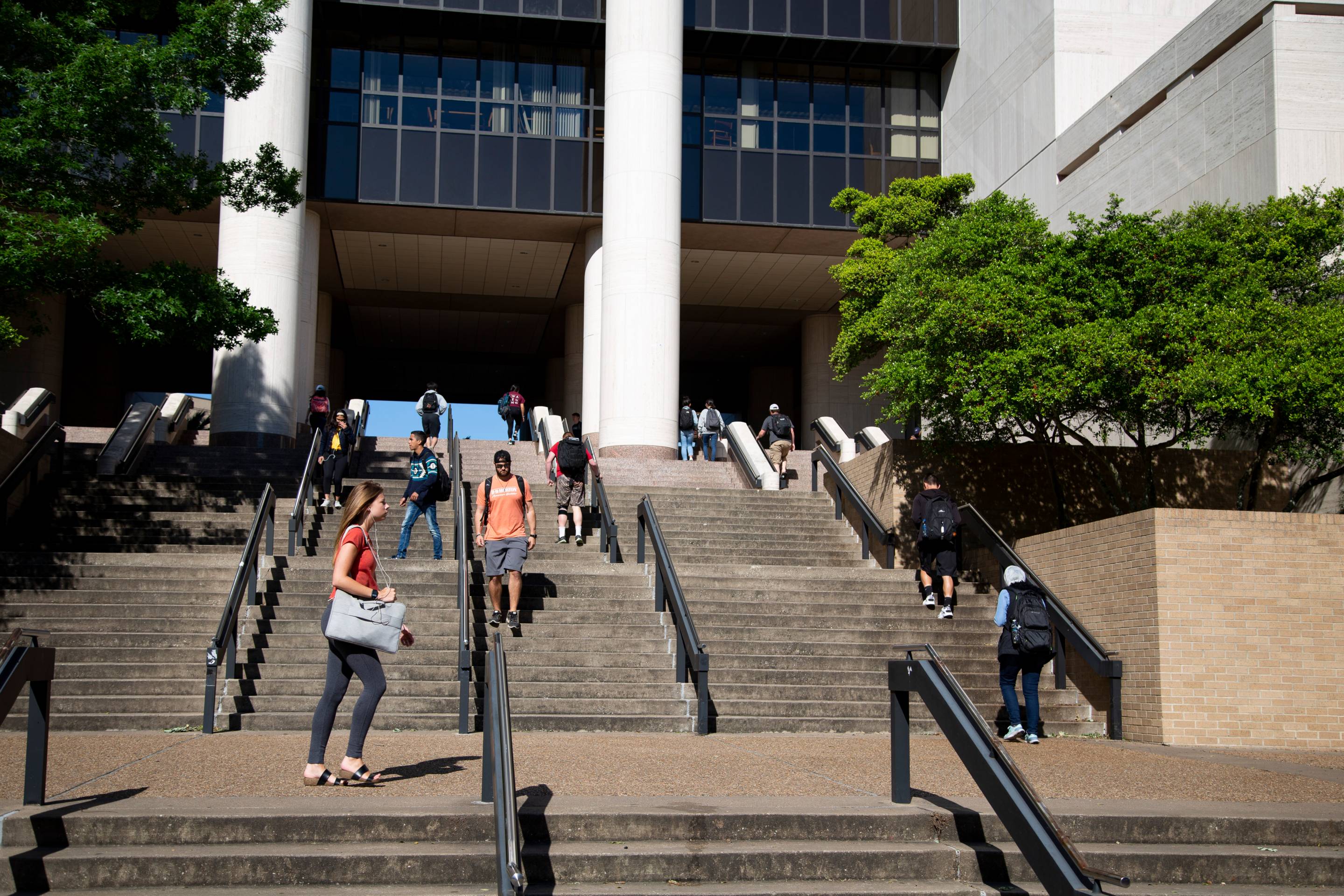FSS Diversity
Positive and Negative Affect Schedule (PANAS) Assessment
A self-assessment tool to help represent how positive and negative affects the schedule. Determine a "schedule" by the moment, day, week, general, etc. All responses are anonymous, confidential, cannot be shared, and cannot be viewed after submitted.
Scores can range from 10 – 50.
Higher scores represent higher levels of a positive and negative affect schedule.
Lower scores represent lower levels of a positive and negative affect schedule.
Average scores for momentary affect:
PA = 29.7
NA = 14.8
Average scores for weekly affect:
PA = 33.3
NA = 17.4
Having trouble viewing, contact Tia Carr, 512.245.2244.
Q&A w/ Officer Kendra & Pawfficer Brady
* How to best support a close individual struggling with mental health?
Choose the appropriate place/location to talk with them. This is a sensitive subject having privacy when mental health conversations come up is best. Encourage them to talk, do not make assumptions, listen to them and be honest, clear, and non-judgmental. Reassure them that you will keep the conversation between you two (confidentiality). Let them work through their feelings and emotions. Support them, especially if they are needing more professional assistance. They have to be willing to seek help it cannot be forced. If they feel forced or boxed in, they can shut down and close themselves off.
* How to best support an individual struggling with their schedule?
Reach out and listen, there could be something going on in their personal lives they have not disclosed. Ask questions before offering a lot of advice, take some of the burden off their plate (workload), offer resources, or perform some random acts of kindness. The kindness may not help your colleague solve their problems but it’s a message of support. Reach out to Human Resources to see what accommodations they recommend.
* How to best take accountability for our feelings affecting our schedule?
Have a conversation with your supervisors for advice or resolutions. Support your team, set goals and timelines, being proactive with tasks, setting clear expectations for yourself. Acknowledge mistakes (we are not perfect) brainstorm on potential solutions. Taking ownership of what occurs. Sometimes we forget that we have to take care of ourselves. It can be overwhelming, take some time for yourself, it could be lunch outside, a small walk, take your lunch and do a workout or yoga (the university offers fitness classes), maybe a take an extra day off.
* As Mental Health Officer, where do you see the most need for awareness and education? Do you have any local references?
-
Mental Health at times is still seen as a stigma. We should reduce the misconceptions and stigma and encourage those who are suffering to seek help or find a positive support network.
-
Our local mental health authority (Hill Country) offers the University a Mental Health First Aid course it is open and free to anyone on campus. It is a good course to take. It helps in identifying the warning signs and students/faculty/staff can get help sooner.
-
It is essential to provide our community the resources, opportunities, and support in their mental health journey.
-
Talk about mental health openly, have those tough conversations.
-
Practice kindness and compassion
* As for local resources for Staff/Faculty:
- Human Resources (Well-Being) offers Bobcat Balance, Wellcats, and Family Resources
- Hill Country Mental Health Authority
- Austin Oaks San Marcos branch is located on Wonder World Dr.
- Our Lady of Wisdom Perish is located on Concho Street and has a Counselor on staff every Friday from 9am-5pm.











